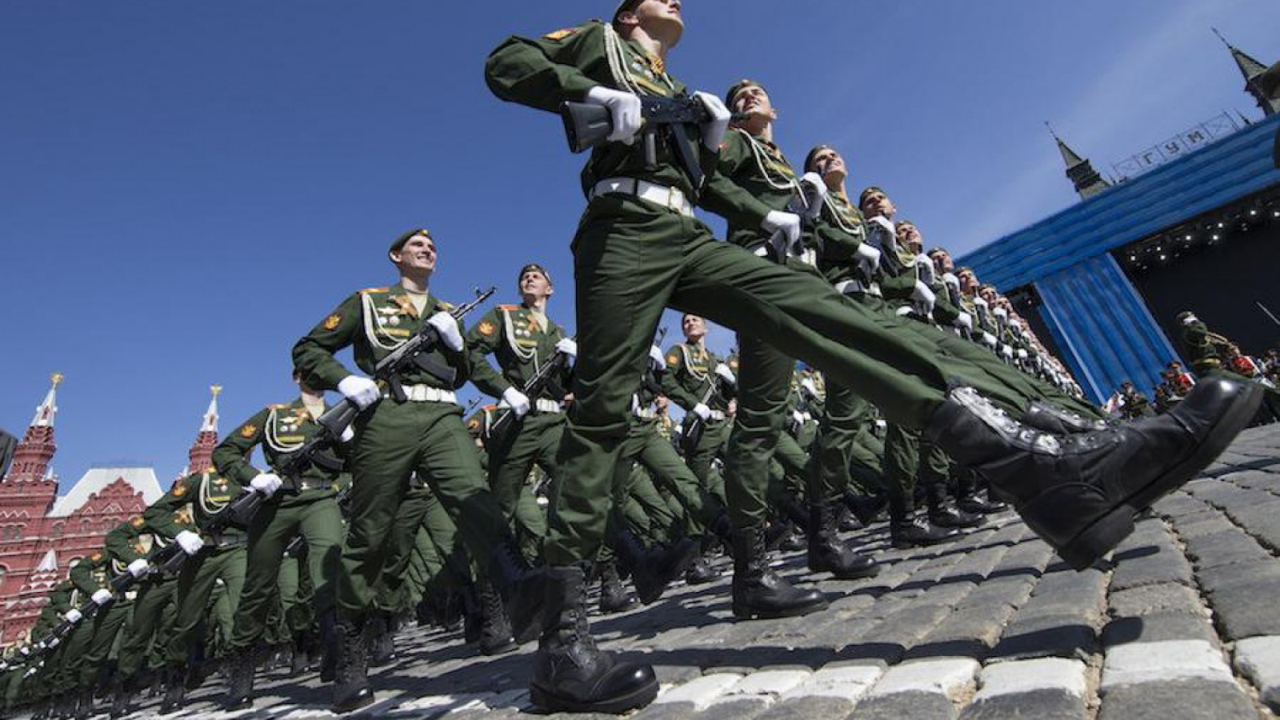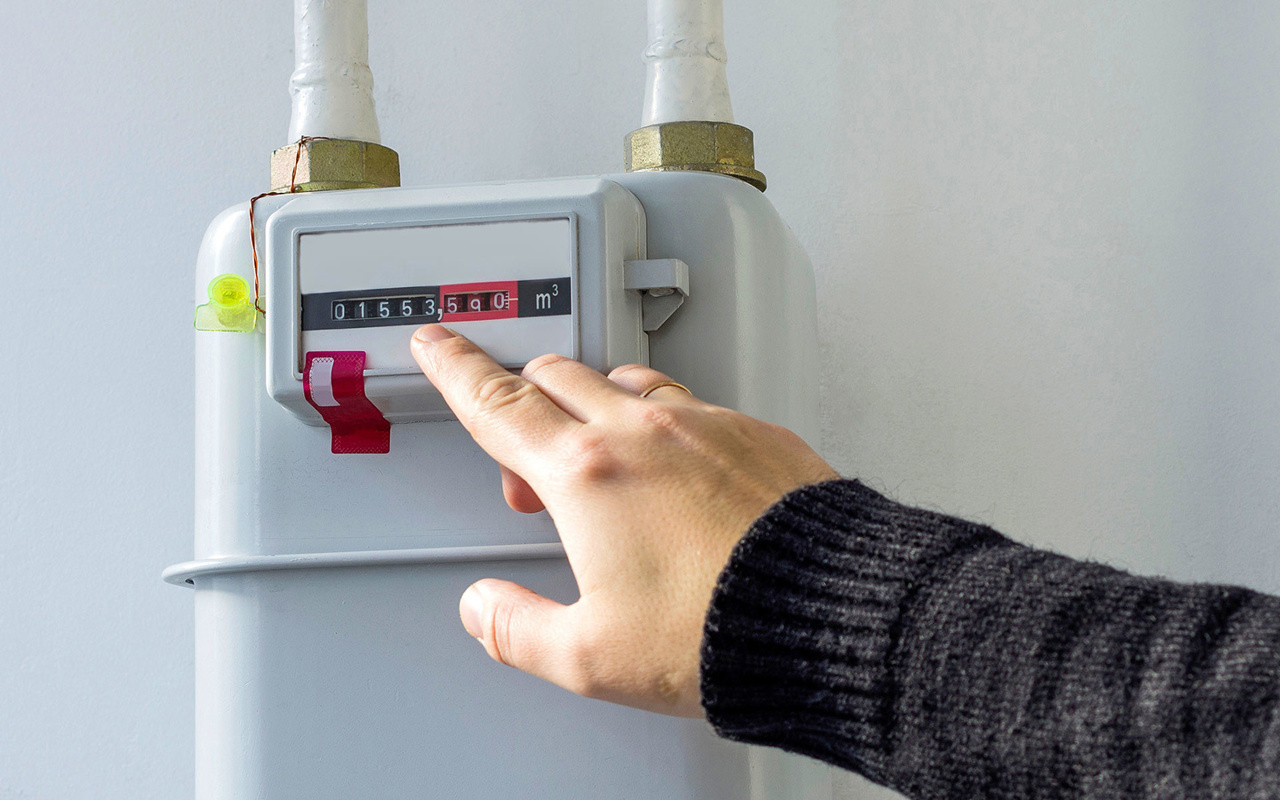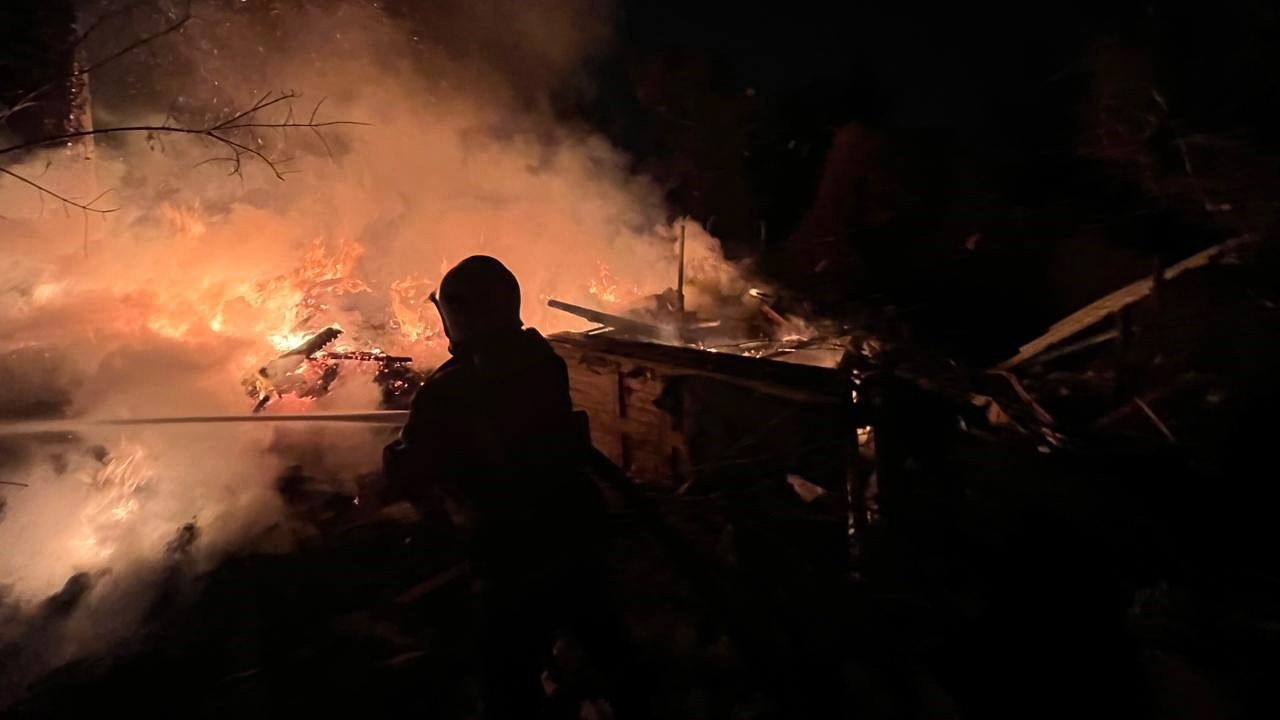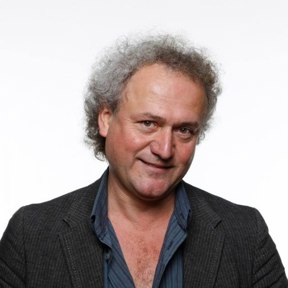Reuters: Russia's military spending doubles this year. The amount accounts for a third of public spending
Russia is doubling military spending this year to more than $100 billion. The sum represents a third of all public spending as the cost of the war in Ukraine rises and puts increasing pressure on Moscow's finances, according to a confidential document analysed by Reuters.

The doubling of Russia's defence spending in 2023 was estimated by Reuters after a situation analysis showed that in the first six months of this year alone, Russia spent more than 600 billion rubles more on defence than the original forecast of about 5 trillion rubles - equivalent to $54 billion.
Thus, defence spending in the first half of the year reached 5,590 billion roubles, accounting for 37.3% of the total spending of 14,970 billion roubles in the first half. This is contrary to previous budget plans, which estimated that only about 17 percent of the funds would be allocated to national defence.
This significant increase in military spending has helped boost Russia's economic recovery, leading to higher industrial production. Last month Russian Deputy Prime Minister Denis Manturov said the defence industry now produces more ammunition every month than it did in the whole of 2022. At the same time, arms production has underpinned the Russian economy's return to growth this year after a 2.1% contraction in GDP in 2022. But as defence funding grows, other areas such as funding for schools, hospitals and roads are starting to shrink.
Further increases in defence spending could further exacerbate Russia's roughly $28bn budget deficit, which has been widened by falling export revenues, and higher defence spending could make matters worse, experts say.
This significant increase in budget spending may also lead to inflation risks. The Central Bank of Russia has already raised its benchmark interest rate to 8.5% in July, and analysts forecast further increases in the future. Although the Bank of Russia expects economic growth to be between 1.5% and 2.5% this year, the International Monetary Fund predicts a much smaller advance of just 0.7%.





